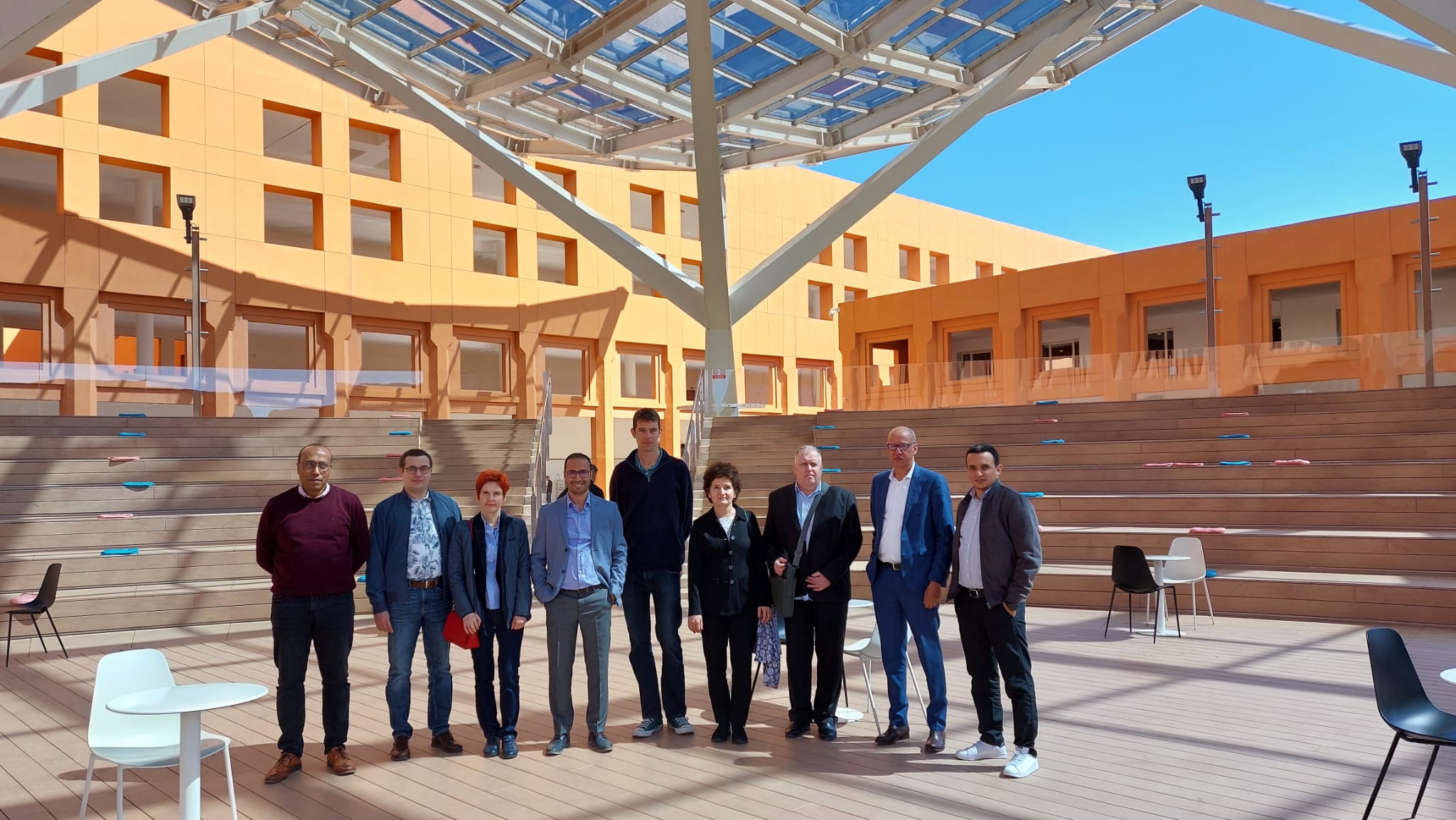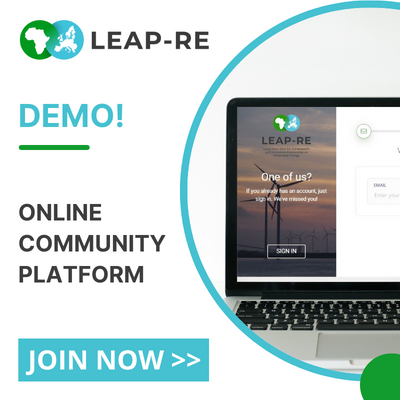The main objective RESTART is to implement a full value chain for recycling End of Life LiBs and PV, shifting from linear economy to circular economy, thus reducing waste disposal as well as minimizing dependence on important primary materials.
Partners from the project (CEREGE, Cadi Ayyad University, Green Energy Park, UM6P, Babesh Bolya University and Aalto University) gathered on UM6P campus on March 6 2023 to assess project progress, as well as challenges in the research journey and solutions to address them.
Preparing ground for the recycling process
CEREG focuses among other things on identifying different cathode types through spectroscopy and mapping techniques to go deeper inside the material and see what is the resolution obtained, while Babesh Bolya University will work on the technoeconomic assessment of the recycling process as well as working on technoeconomic studies for large scale simulation.
Indeed, achieving an efficient value chain for recycling end of life solar panels requires not only an effective recycling process, but also sound economic analysis to ensure a viable economic model. Various economic KPIs were discussed, such as capital cost, operational and maintenance costs, and production costs.
The partners decided to compare the stages of the large-scale plant with different processes in literature that deal with the same part of the recycling process. This resulted in concluding that the first step of the project would be to determine the mass flow of waste before performing technoeconomic studies. The business model would be useful in analyzing the whole value chain of collecting and recycling spent LIB.
Exploring key components for circular value chains
UM6P’s main contribution will be to use automatic sorting to separate components in recycling batteries before scaling up. UM6P works on two objectives, the first being to determine the most suitable simulation tool for recycling NMC batteries and whether a combination of software is necessary. The second involves reactor design optimization using information obtained from TEA and LCA, including business models and policy makers.
Aalto University’s primary activity is studying materials under critical value. They examine the flows of nickel and silicon, with nickel chosen as the key element due to the risk of supply disruption in relation with the Russian war on Ukraine. Secondary production of nickel also significantly reduces emissions, and the sustainability of the nickel production value chain needs innovative technologies. Silicon flows can contribute to significant energy and water use reduction and GHG mitigation.
Promising next steps
As for Cadi Ayad University and GEP, they visited GEP, a renewable energy testing and research platform in Benguerir, Morocco. The platform will create synergies between Moroccan research institutions and acquire knowledge and know-how through partnerships with universities and Moroccan industries. A research center at GEP is being constructed using Cadi Ayad University facilities, offering a significant opportunity for PhD students to work on battery-related issues.
The next steps in the project include developing a simulation of the flowsheet and estimating the value of investment for the necessary equipment, completing the tasks assigned to each partner, validating the models using experimental data, conducting a life cycle analysis, and working on business models and policy makers. The project will benefit from innovative technologies for nickel and silicon production value chains, and from the construction of the research center at GEP.




